smart meters
Smart meters explained
As part of a nationwide roll-out, every home in Britain should be offered a smart meter from their energy supplier by June 2025. Here's everything you need to know about smart meters.
Run an energy comparison and beat the price cap
Make sure you're not overpaying for your energy and switch to a fixed deal now. Enter your postcode below to get started.
What is a smart meter and how does it work?
Smart meters are a next generation meter for both gas and electricity. They are a replacement for standard meters, which require you to track your own meter readings and submit them to your supplier to ensure accurate bills.
Smart meters use a secure national communication network (called the DCC) to automatically and wirelessly send your actual energy usage to your supplier. If you have a smart meter you don't need to rely on estimated energy bills or provide your own regular readings.
Smart meters also come with an in-home display. This display gives you real-time usage info, including kWh use and cost.
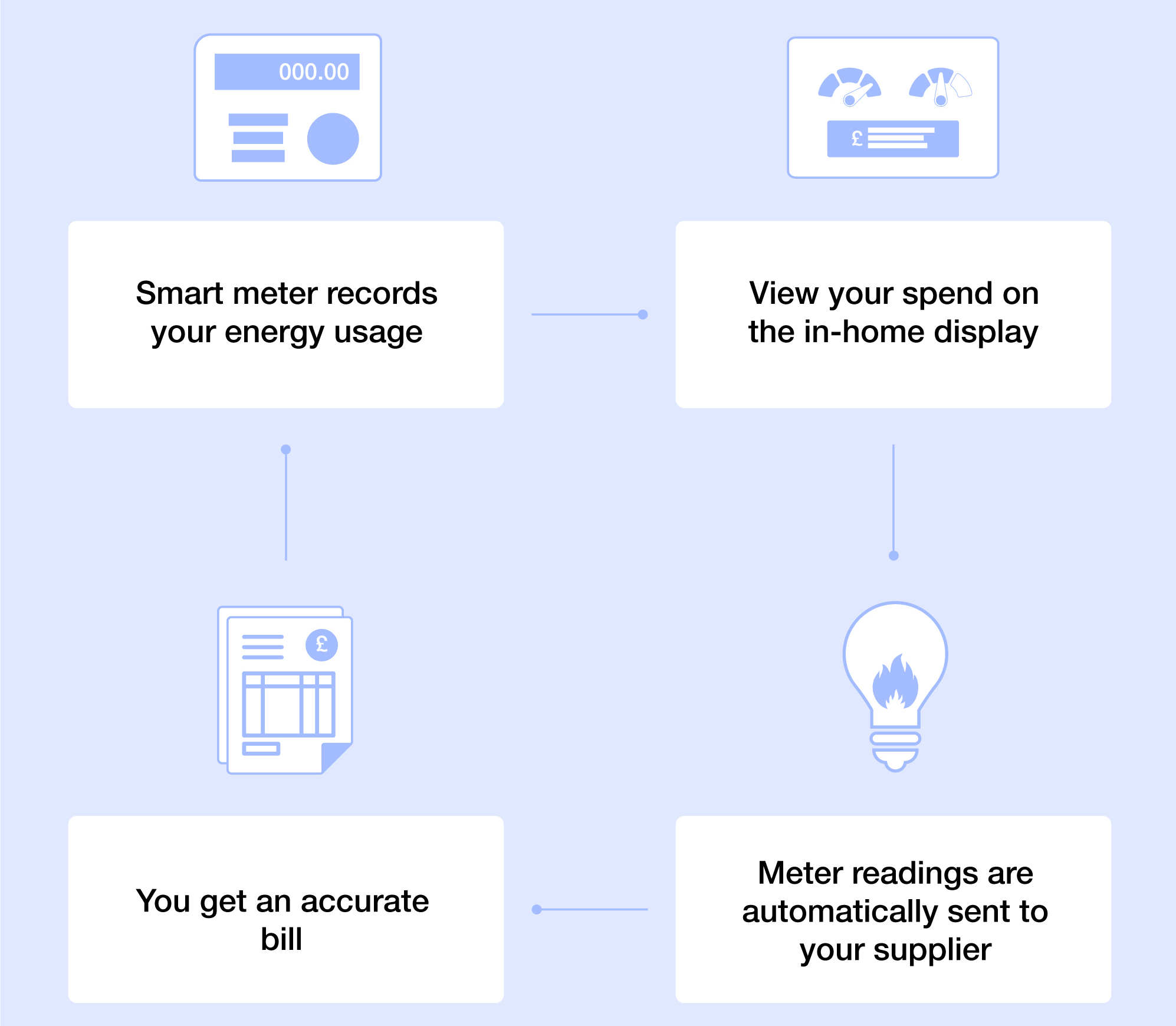
Pros and cons of smart meters
As with anything, smart meters have their advantages and disadvantages. If you're not sure about having a smart meter installed, it's worth weighing up the pros and cons.
Benefits of a smart meter
According to Smart Energy GB, there are several advantages to having smart meters installed:
- More accurate bills Smart meters mean the end of estimated bills, the end of having to remember to provide meter readings and/or have a stranger come into your home to read your meter.
- Better understanding of your usage With the smart meter display, you can see the direct impact your habits and lifestyle have on your bill. This is particularly useful if you have a prepayment meter, so you can better track how your usage impacts your available credit. By making your energy usage easier to understand, you can make smarter decisions to save energy and money, including feeling more confident switching energy supplier.
- Bringing Britain's energy system into the 21st century Smart meters are part of the effort to create a smart grid, which is part of providing low-carbon, efficient and reliable energy to Britain's households.
- Exclusive energy tariffs Some suppliers offer cheaper energy deals to households with a smart meter, or those willing to have a smart meter installed.
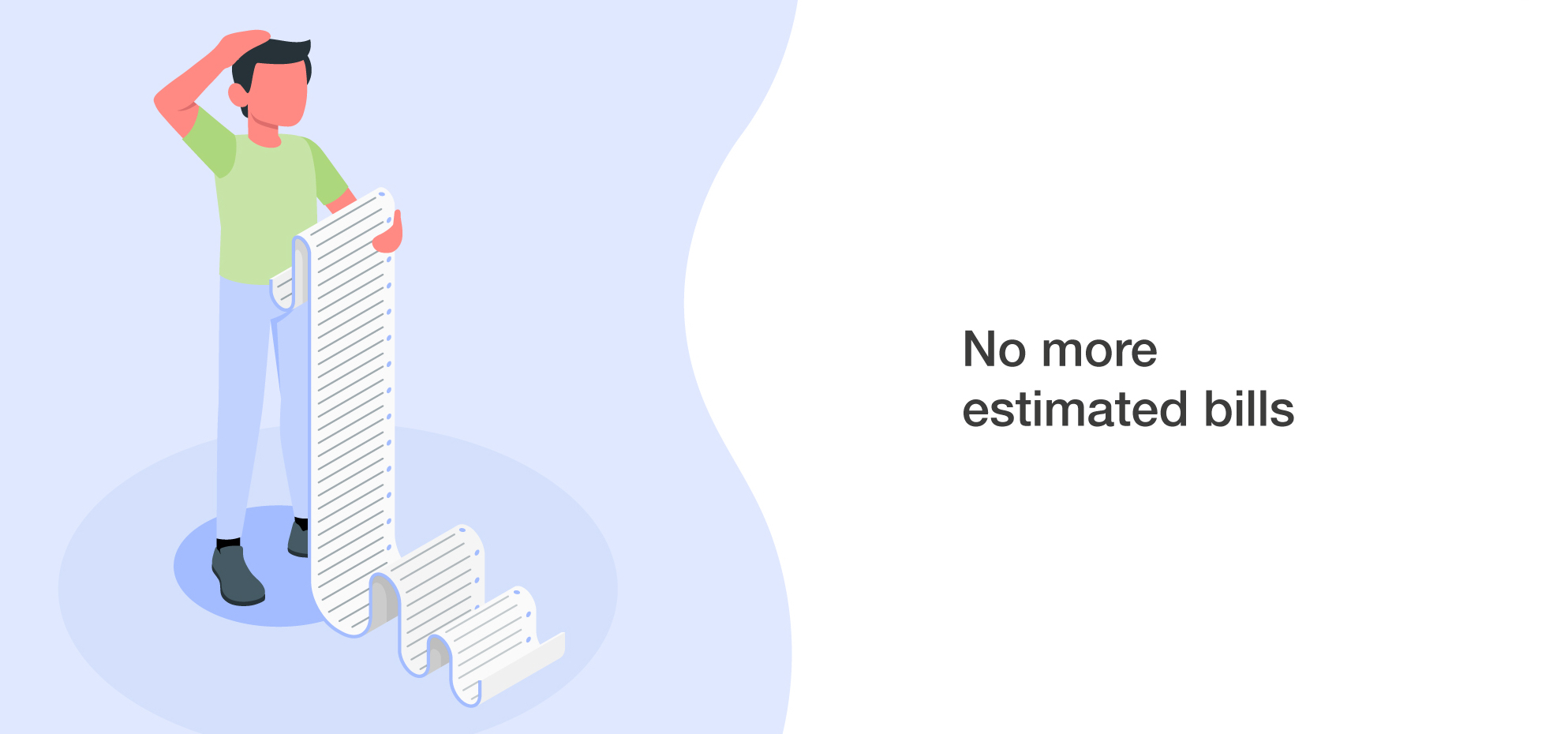
Smart meters disadvantages
- Going "dumb" The main downside of smart meters is that they can lose their smart functionality when you switch away from the supplier that installed them. If you're put off switching because you're keen on the benefits of your smart meter, you could miss out on any savinfs you could make by changing suppliers. Your smart meter is more likely to lose functionality if it's a first-generation meter (see below).
- Professional installation Your smart meter will need to be installed by a professional, which you may see as a disadvantage. Your supplier will send someone to install your smart meter and show you how to use it, and the whole process should take a couple of hours (during which you could temporarily lose power).
How much does a smart meter cost?
There is no extra cost to you. Your smart meter will be installed by your energy supplier, and the cost of the roll out is covered already in your energy bill - the same way that installation and maintenance of traditional meters is.
Can I switch energy supplier if I have a smart meter?
The short answer is yes. However, upgrading the gas and electricity system of Great Britain is no small task, and that means there are some issues around smart meters and switching:
First generation smart meters / SMETS1
The first generation of smart meters (called SMETS1) that have been installed to date — can temporarily lose smart functionality when they switch energy supplier. You can still switch if you have a SMETS1 smart meter, In some cases your smart meter will stop sending data to your new supplier, which means you'll have to revert back to providing meter readings. A remote upgrade is planned to make all SMETS1 meters multi-supplier compatible.
It's worth noting that even if your smart meter reverts to 'dumb mode' because you've switched to a cheaper energy supplier, it will still provide real-time updates on your consumption through the in-home display. This visibility provides powerful knowledge that many households find very useful.
Second generation smart meters / SMETS2
These newer model smart meters are fully compatible with the DCC (the secure national network that the meters "talk" to all suppliers through). This means if you have a SMETS2 meter you should have no issues with energy switching.
How do I know if I have a SMETS1 or SMETS2 meter?
The rollout of SMETS2 meters didn't start until 2018, so if your meter was installed before then it's safe to assume you have a SMETS1 meter. Even after 2018, suppliers were still trying to use up their stocks of first-generation meters, so it's possible you still have a SMETS1 meter even if it was installed more recently.
The only definitive way to find out which type of smart meter you have is to contact the supplier that installed it.
Will a smart meter save me money?
A smart meter itself won't save you money, but the extras your smart meter will come with can offer much insight into how to lower your bills.
Your in-home display lets you see how much energy you are using at different times of the day, week, month or year, which could help you cut your energy usage and your bills by highlighting ways you can be more energy efficient.
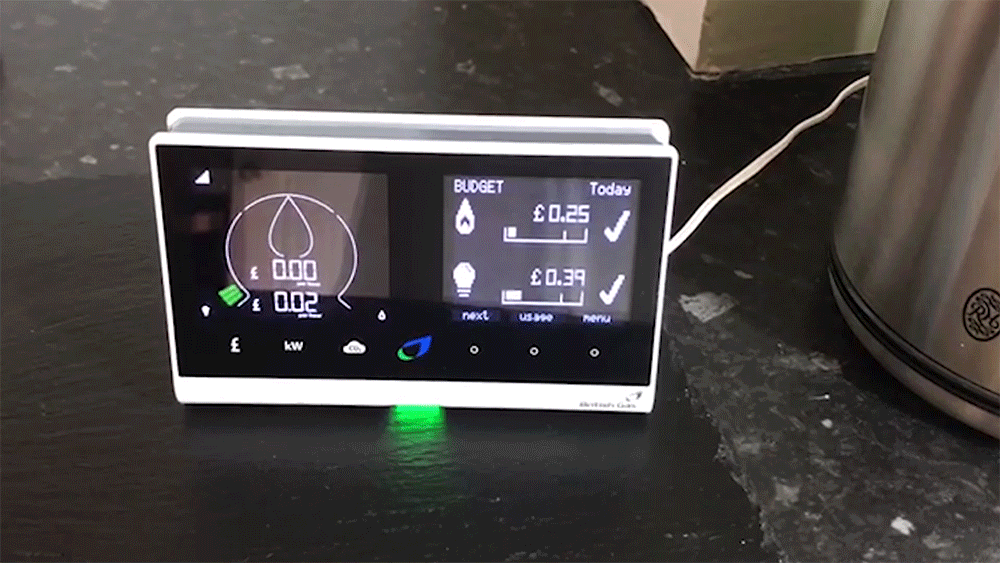
To encourage faster roll-out of smart meters, some suppliers are offering discounted tariffs to homes that have a smart meter fitted (or are willing to have one installed), so at the moment it is possible to get cheaper energy just by embracing the benefits of a smart meter.
When will I get a smart meter?
All households in England, Scotland and Wales must be offered a smart meter from their energy supplier by June 2025. That does not mean you will have a smart meter by that date but it means you should be contacted (if you have not already) by your supplier about getting a smart meter.
Go to our dedicated When will I get a smart meter page to find out how to contact your supplier to find out when your region can anticipate smart meter installations to start.
Who will install my smart meter?
Your energy supplier will work with you to arrange to outfit your home with your smart meter, though they will likely work with a third party that specialises in smart meter installations.
Ofgem has enacted the Smart Metering Installation Code of Practice, which protects consumers by prohibiting sales attempts during installation (unless previous consent has been given by the household).
The code also ensures companies will properly explain how the smart meters work, and outline how households can use the data available to them to improve their energy efficiency.
Do I have to have a smart meter?
No. Smart meters are not compulsory and you are under no obligation to have a smart meter installed in your home.
You can discuss any concerns you have about smart meters with your supplier. Many energy companies have dedicated teams to handle questions about the technology and the installation process.
There is also additional information about the benefits of real-time feedback of your energy use and costs in our guide to smart meter in-home displays.
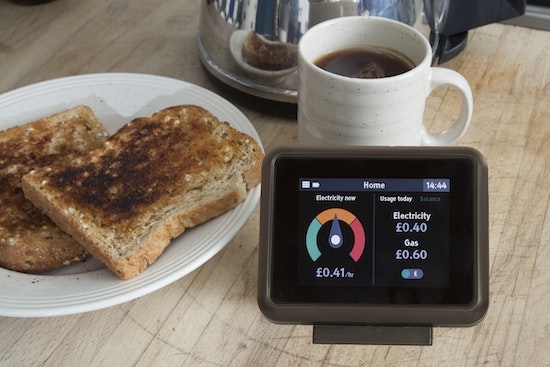
Can I have a smart meter on a prepayment plan?
Yes. Smart meters work in credit and prepayment form.
In fact, prepayment customers may have more flexible payment options available to them with smart meters, including remote top-up facilities.
Are smart meters safe?
According to BEIS, all smart meters are subject to the same safety regulations and testing of any in-home technological devices, including baby monitors and mobile phones.
Smart meters are also covered by EU and UK safety legislation, which means they have undergone rigorous testing. And, according to Smart Energy GB, the smart meters used in Britain exceed every UK and EU safety standard.
Smart meters emit low radio frequency emissions in much the same way as other wireless devices. These allow energy suppliers to accurately track household energy consumption and will put an end to estimated bills.
According to Public Health England (PHE), the exposure to low frequency emissions from smart meters is lower than that caused by appliances such as microwaves and TVs.
How to read a smart meter
One of the main benefits of smart meters is that you don't have to provide regular meter readings to your energy supplier. However, if your meter has lost its smart functionality or you want to take a reading for any other reason, it is possible to do so.
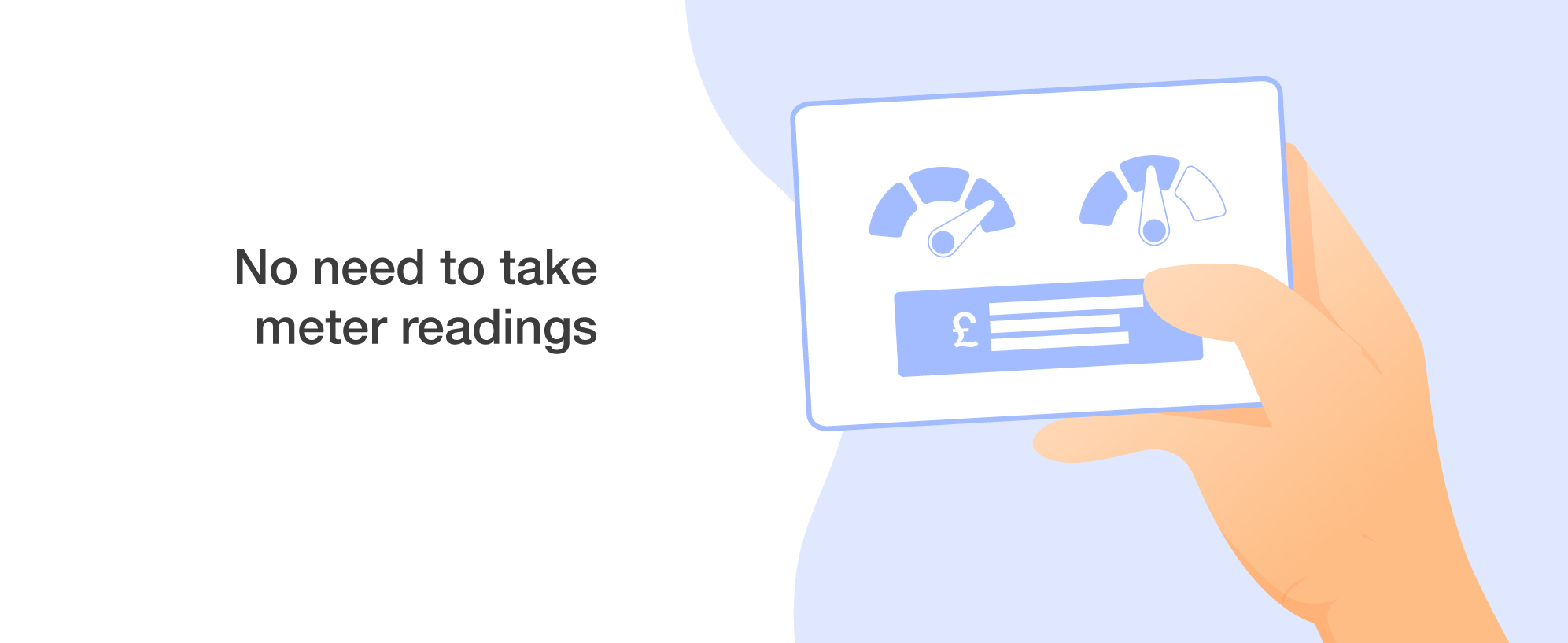
On most smart meters, you can see your meter reading on your in home display by selecting the 'meter reading' option from the menu.
If you can't find your meter reading on your in home display or want to take a meter reading from the smart meter itself, your supplier should be able to talk you through the process over the phone, as it will differ depending on what type of smart meter you have.
Smart meters and solar panels
Some households with solar panels have reported that either their supplier's smart meter cannot currently support them, or have reported issues with the tracking of usage and generated energy.
If you have solar panels, ensure your supplier is made aware of this when they contact you about installation.

Comments
Post a Comment